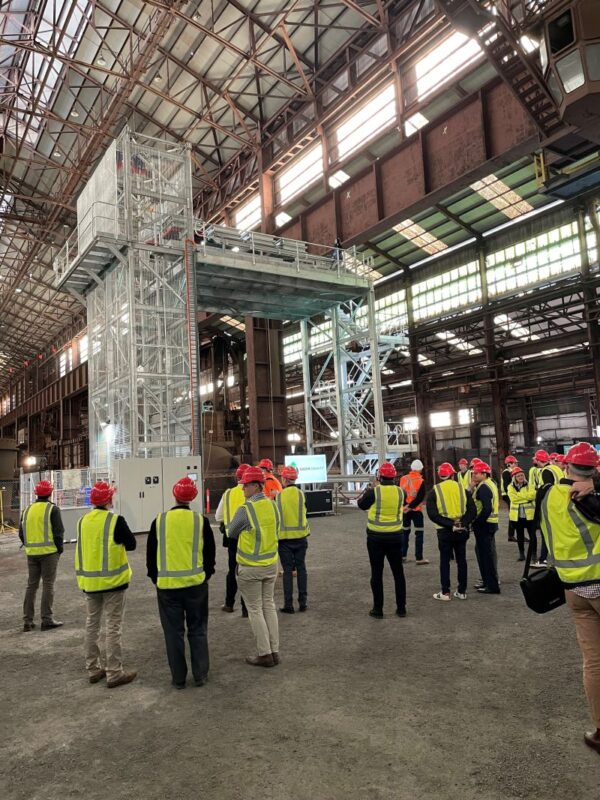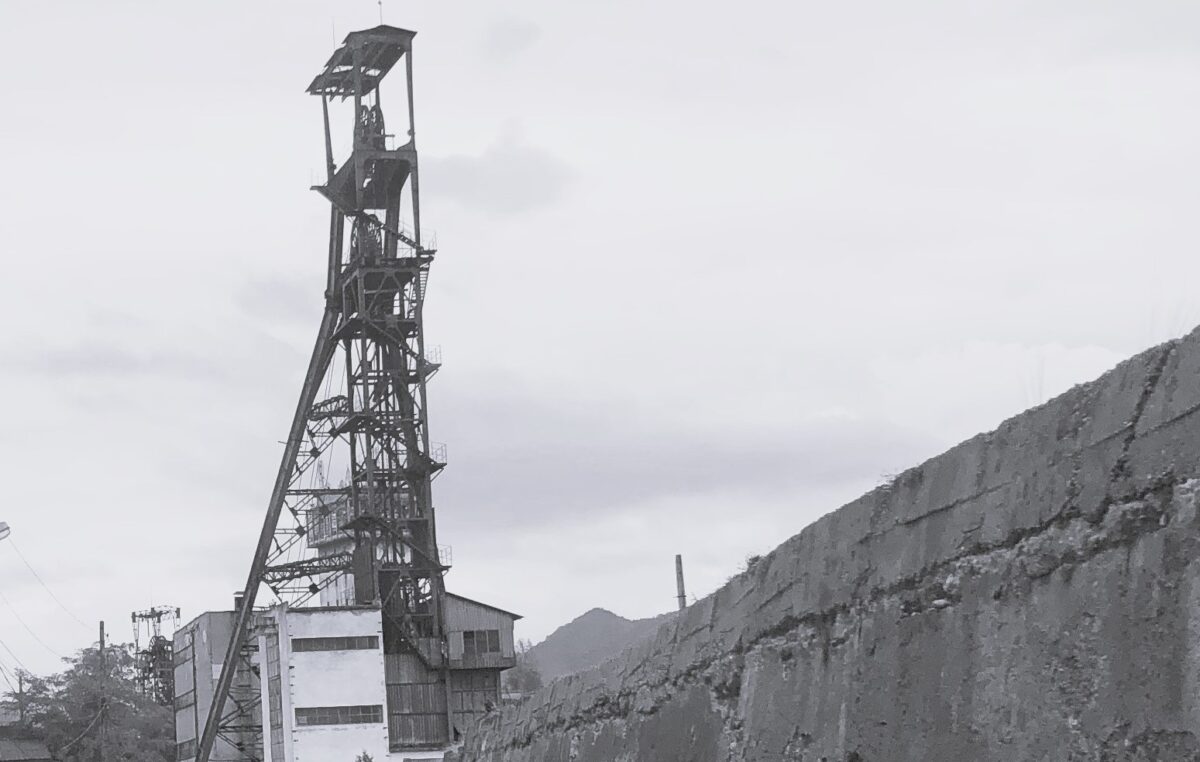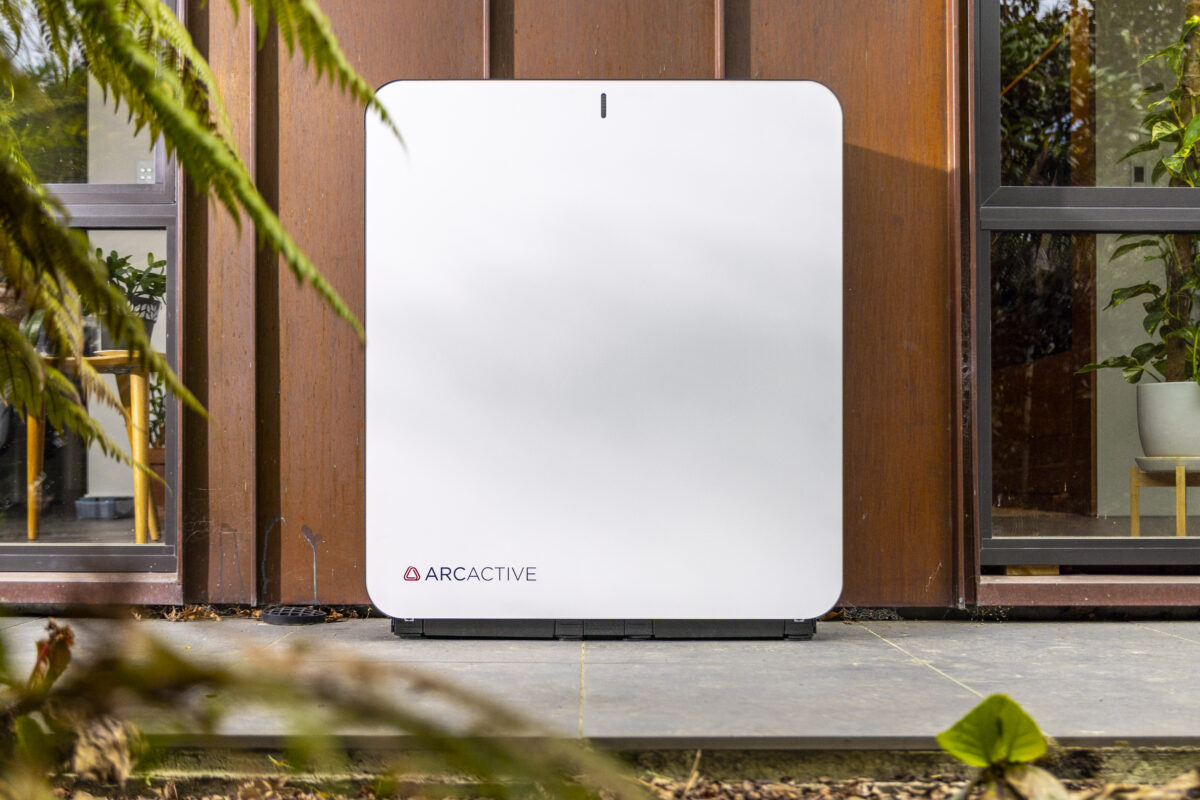Green Gravity and Romanian government-backed energy company Complexul Energetic Valea Jiului SA (CEVJ) have executed a cooperation framework agreement to investigate deployment opportunities for the Australian company’s energy storage technology in 17 coal mine shafts in Romania’s Jiului Valley.
The parties will assess the technical, economic and environmental aspects of converting CEVJ’s existing coal mines into energy storage facilities, using Green Gravity’s energy storage solution which moves heavy weights vertically in legacy mine shafts to capture and release the gravitational potential energy, providing long-duration storage to the grid.
The two companies will also evaluate the potential benefits and challenges of integrating the energy storage system with the existing power grid and renewable energy sources.
Green Gravity Chief Executive Officer Mark Swinnerton said the agreement underpins the export potential of clean energy technology from Australia and places the company at the forefront of commercialising gravitational energy storage globally.
“Our technology offers a unique solution to store excess renewable energy using gravity, which can help balance the power grid and support the EU’s climate goals,” he said.
“Successfully implementing gravitational energy storage in the Valea Jiului will provide a leading example for successful transition of a coal mining region. This project has global implications for climate, jobs and investment.”
Green Gravity’s technology harnesses the fundamental principles of gravity and kinetic energy to generate clean, dispatchable energy. The system relies on lifting and lowering ultra-heavy weights in legacy mine shafts and in doing so, turning a turbine that creates electricity.
Swinnerton said the technology “represents a breakthrough in the search for economic long-duration storage of renewable energy.”
“By re-using mining assets, costs can be kept low,” he said. “By using gravity as the fuel, we dispense with consuming the critical water, land, and chemicals which other storage technologies rely on.”

Image: RUC Mining
Green Gravity, based at Wollongong on the New South Wales South Coast, has already struck early-stage collaboration deals with the likes of Australian coal producer Yancoal and international engineering heavyweight GHD.
CEVJ Managing Director Eusebiu Durbaca said in a statement that the collaboration with Green Gravity has the potential to transform Romania’s coal sector into a renewable energy storage hub as the country shifts from fossil fuels to renewables.
Romania is aiming to increase the share of renewable energy in its energy mix and reduce its dependence on fossil fuels, targeting 30.5% renewables by 2030 and committing to phasing out coal by 2032.
“This project is part of our strategy to diversify our energy portfolio and explore new opportunities for value creation from our coal assets,” Durbaca said. “We believe that gravitational energy storage is an innovative approach to energy transition, and we are committed to contributing to Romania’s and Europe’s energy transition and green recovery.”
This content is protected by copyright and may not be reused. If you want to cooperate with us and would like to reuse some of our content, please contact: editors@pv-magazine.com.









2 comments
By submitting this form you agree to pv magazine using your data for the purposes of publishing your comment.
Your personal data will only be disclosed or otherwise transmitted to third parties for the purposes of spam filtering or if this is necessary for technical maintenance of the website. Any other transfer to third parties will not take place unless this is justified on the basis of applicable data protection regulations or if pv magazine is legally obliged to do so.
You may revoke this consent at any time with effect for the future, in which case your personal data will be deleted immediately. Otherwise, your data will be deleted if pv magazine has processed your request or the purpose of data storage is fulfilled.
Further information on data privacy can be found in our Data Protection Policy.